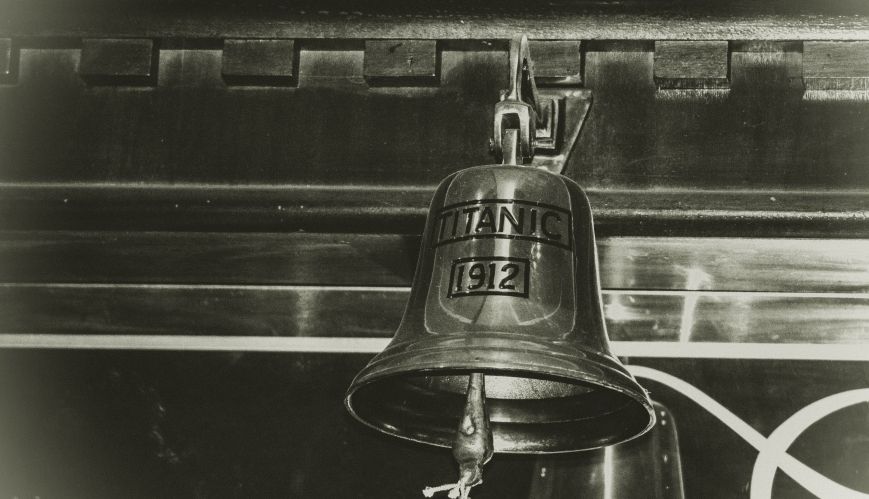Turning failures around

Turning failures around
7 February 2022
Our lives don’t need to be defined by the mistakes we make. Image Mitch Hodge on Unsplash
Have you ever been accused unfairly of something? Then you may sympathise with David Blair.
Blair was the second officer on the Titanic but was replaced at the last minute and left the ship at Southampton. As he hurried to leave, he took with him the key to the cupboard in the crow’s nest where binoculars and a telescope were locked. After the disaster in April 1912, some crew members said it could have been averted if they had had binoculars to spot the iceberg. Now, I don’t know about you, but that seems excessively harsh to me, for surely on an ocean-going liner, there must have been more than one set of binoculars?
When he heard about the disaster, Blair must have initially considered himself very fortunate, but not when former colleagues accused him of being partly to blame.
That mistake on his part could have defined his life, but Blair went on to win medals for his bravery. First, in 1913, he dived 40 feet off the SS Majestic to help save a crew member from the freezing waters of the Atlantic. This resulted in the award of the Sea Gallantry Medal. Then he won more bravery medals whilst serving in the Navy during World War One. So, the scapegoat became a hero!
The Bible tells many tales of people who seemed to be failures but came good, including Joseph, who was sold as a slave by his brothers. Falsely accused of raping his employer’s wife, he was sent to prison. Eventually released, Joseph later rose to be the second most important ruler in Egypt and organised the country so that they were prepared when a famine struck, which otherwise could have killed many thousands. Rather than blame his original misfortune on his brothers, he told them, “You intended to harm me, but God intended it all for good. He brought me to this position so I could save the lives of many people” (Genesis 50:12).
It’s not our mistakes that define us, but how we learn from them and go on to show our true worth with God’s help.